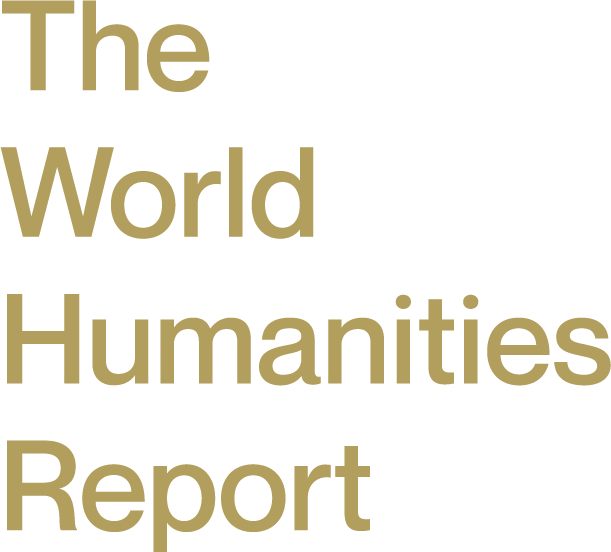The Australian Academy of the Humanities led the development of this report focused on Australia for the World Humanities Report, an international collaborative initiative, which seeks to provide insight into where and how the humanities are practiced around the globe and to offer a set of recommendations for the humanities in the twenty-first century.
Team
Editorial Team
Expert Advisory Group
Through our engagement with this important initiative, the Australian team sought to contribute to an evidence base and set of resources about the health and vitality of the humanities, as well as areas of crisis or tension that can be addressed through active knowledge exchange and shared approaches.
The Australia report is designed to contribute to a roadmap for the humanities, to:
- develop a collective understanding of the humanities, which captures the multiplicity of meaning inherent to the term;
- articulate the value of the humanities for a range of audiences and communities;
- understand the context and conditions of humanities work; and
- contribute to the development of a set of priority actions aimed at strengthening the humanities for the public good.
In developing this report, we have drawn extensively on current research, including the Academy’s Future Humanities Workforce project, which is funded by the Australian Research Council. Our contribution focuses on “humanities horizons” with a view to the opportunities and challenges ahead. The first part of the report charts the distinctiveness of the humanities in Australia; the second part draws out the relationship between humanities and public policy and charts areas of strength and vulnerability; and the final part focuses on humanities’ futures, including next-generation researchers, educators, practitioners, and the wider workforce. A set of appendices provides underpinning research and data.
In Australia, “the humanities” are traditionally aligned with the arts and social sciences and referred to in higher education circles by the acronym “HASS” (see appendix A in the report below). Unlike their science, technology, engineering, and mathematics (“STEM”) counterparts, there is a lack of recognition from the broader public about what “HASS” stands for or describes.
To reflect emerging developments in describing these disciplines in Australia, when we refer to the broader sector in this report we adopt the acronym “SHAPE,” which stands for Social Sciences, Humanities, and the Arts for People and the Economy or Environment. The term was originally coined in the United Kingdom, and a consortium of Australian and New Zealand organizations has recently come together to promote the use of this new collective term as a more accessible concept than HASS, allowing for greater meaningful engagement with government, business, education, media, and the community. As our UK colleagues articulate, SHAPE offers “a fresh approach to describing both the disciplines and the objects of study which unite them” and reflects a need to find a new narrative to describe the value and impact of these disciplines in the face of significant disruption and devaluing.
With the COVID-19 pandemic’s impacts on Australia’s higher education and research still playing out, there is real uncertainty about the resilience of the humanities into the future. The higher education sector is the locus of humanities research activity and the training ground for next-generation talent, and the cultural and creative sectors are key destinations for humanities graduates and expertise. Both sectors are vulnerable to precarious work, which has been exacerbated by pandemic lockdowns.
Humanities’ capability is dispersed, untapped, and underrealized in Australia. How can Australia better activate, facilitate, and apply humanities knowledges and problem-solving capabilities to the challenges we face? That is a question for the humanities as much as for the policymakers, institutions, and industries we address in this report.











 View PDF
View PDF